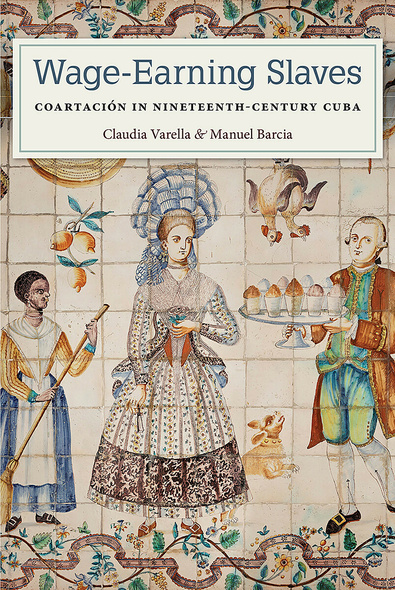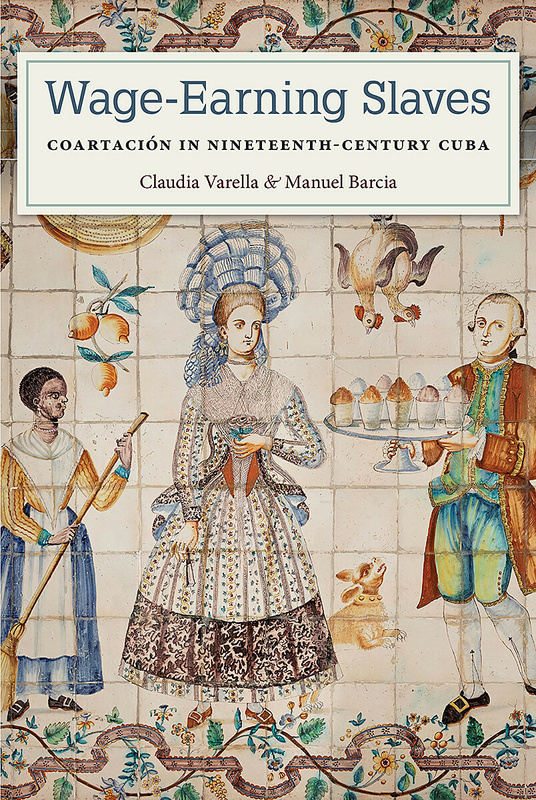
Wage-Earning Slaves
Coartación in Nineteenth-Century Cuba
Wage-Earning Slaves is the first systematic study of coartación, a process by which slaves worked toward purchasing their freedom in installments, long recognized as a distinctive feature of certain areas under Spanish colonial rule in the nineteenth century. Focusing on Cuba, this book reveals that instead of providing a “path to manumission,” the process was often rife with obstacles that blocked slaves from achieving liberty.
Claudia Varella and Manuel Barcia trace the evolution of coartación in the context of urban and rural settings, documenting the lived experiences of slaves through primary sources from many different archives. They show that slave owners grew increasingly intolerant and abusive of the process, and that the laws of coartación were not often followed in practice. The process did not become formalized as a contract between slaves and their masters until 1875, after abolition had already come. Varella and Barcia discuss how coartados did not see an improvement in their situation at this time, but essentially became wage-earning slaves as they continued serving their former owners.
The exhaustive research in this volume provides valuable insight into how slaves and their masters negotiated with each other in the ever-changing economic world of nineteenth-century Cuba, where freedom was not always absolute and where abuses and corruption most often prevailed.
Claudia Varella is adjunct professor in the Department of Education at the International University of La Rioja. Manuel Barcia is chair of global history at the University of Leeds. His many books include The Yellow Demon of Fever: Fighting Disease in the Nineteenth-Century Transatlantic Slave Trade.





